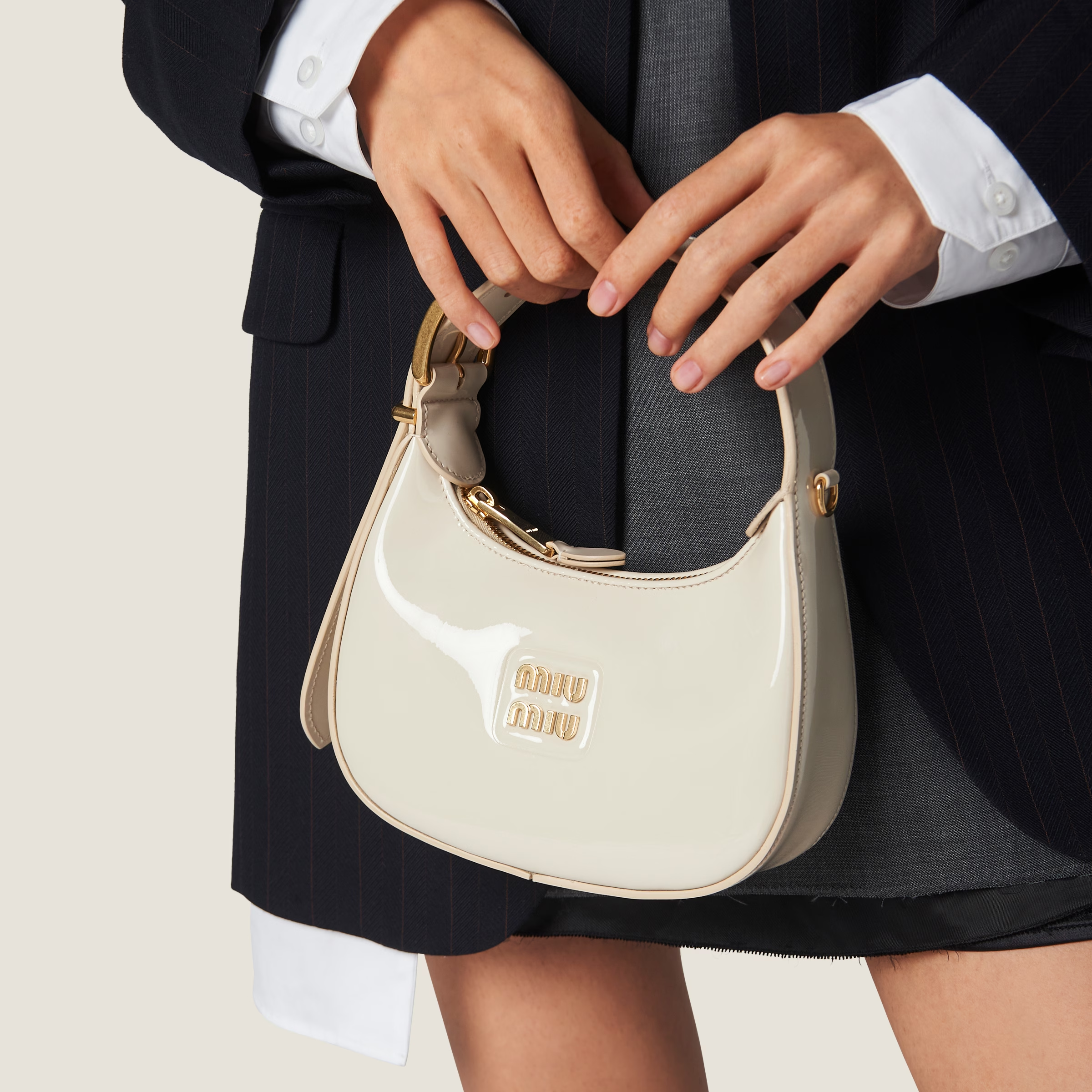National Brands and Private Labels have long populated the retail landscape, each with unique appeals and competitive edges. National brands, such as Coca-Cola, Pepsi, Levi’s, and Wrangler, are prominently recognized for their nationwide distribution and robust marketing strategies. Large manufacturers typically own, design, produce, and market these brands. On the other hand, private labels—also known as store brands or private brands—are products manufactured solely for a specific retailer. They are often perceived as cost-effective alternatives to their national counterparts. Notable examples include Walmart’s Great Value, Target’s Mainstays, and Costco’s Kirkland Signature.
According to Statista report, private brands account for 36% of the market share in some regions, achieving a value share of over 52% in Switzerland and more than 44% in other areas. Furthermore, recent trends highlight a growing preference for private labels, as their market share in the grocery industry rose to a record 20.7% in 2023. Let’s dive into the distinctions between national and private labels, exploring the factors contributing to their market presence and impact on consumer choice.
What is a National Brand?
A national brand refers to a product produced, marketed, and distributed under a brand name recognized nationwide. Major producers or manufacturers own these brands and have a large presence across multiple retail outlets and markets. In the fashion and beauty industries, national brands often boast extensive marketing campaigns, premium pricing, and a consistent brand identity across various geographies.
Examples of national brands include:
- Coca-Cola and Pepsi in the beverage industry, which exemplify strong national brand presence.
- Levi’s and Wrangler in the fashion industry, known for their enduring quality and wide availability.
- Estée Lauder and L’Oreal in cosmetics, celebrated for their innovative products and substantial advertising efforts.
What is a Private Label?
A private label, on the other hand, refers to products that retailers own and sell under their brand name. While the retailer may not manufacture these products themselves, they have them produced by third-party manufacturers. These products are usually exclusive to the retailer and cater specifically to their customer base, often offering more competitive pricing while maintaining good quality.
Examples of private labels in fashion and beauty include:
- Great Value by Walmart, Mainstays by Target, and Kirkland Signature by Costco as prominent private labels in various product categories.
- In the beauty aisle, Up and Up by Target and Insignia Electronics by Best Buy showcase the reach and versatility of private labels.
Differences Between National Brands and Private Labels
To differentiate between national brands and private labels, it’s important to understand the fundamental differences in their development, marketing, distribution, pricing strategies, and consumer perception. Below are the key differences in bullet points, followed by a chart for better visual comparison.
- Ownership and Development:
- National Brands: Developed, owned, and marketed by a significant company with a national (or even international) presence.
- Private Labels: Owned and marketed by retailers or wholesalers, often produced by a third-party manufacturer for exclusive sale in their stores.
- Marketing and Branding:
- National Brands: Invest heavily in marketing, advertising, and brand identity campaigns to create consumer loyalty and brand recognition.
- Private Labels: Rely on the retailer’s overall brand and tend to have lower marketing and advertising expenses.
- Pricing Strategy:
- National Brands: Typically positioned as premium products with higher price points.
- Private Labels: Generally priced lower than national brands, positioned as budget-friendly or value alternatives.
- Product Range and Innovation:
- National Brands: Often offer a wide range of products with frequent updates and innovations.
- Private Labels: Product range can be narrower, with fewer innovations and updates, though this has been changing as private labels seek to compete more aggressively.
- Quality Perception:
- National Brands: Perceived as high-quality due to established reputation and marketing efforts.
- Private Labels: Can be perceived as lower in quality, although perception is improving as many private labels have increased product quality.
- Consumer Loyalty:
- National Brands: Enjoy strong brand loyalty due to extensive investment in building consumer trust and reliability.
- Private Labels: Often benefit from retailer loyalty; consumers who trust and frequently shop at a particular retailer may choose their private labels.
- Distribution:
- National Brands: Widely distributed across various retailers, both online and offline.
- Private Labels: Exclusively distributed through the specific retailer’s stores (or their online platform).
Types of Private Labels
Private labels can be categorized into four main types:
- Generics: These are no-frills products offering essential quality at the lowest possible price.
- Copycats: Mimics of national brands, designed to look and function similarly while offering more affordable alternatives.
- Premium Store Brands: Higher-end private labels that challenge national brands on quality and innovation, usually priced slightly lower than their national brand counterparts.
- Value Innovators: Brands that provide unique value propositions, often innovating with packaging, functionality, or price.
Case Study: The Rise of Private Labels in Beauty
In the beauty industry, private labels have evolved from mere imitations to assertive competitors against national brands. Historically seen as lower-cost alternatives, private labels now emphasize quality and exclusivity. For instance, private-label cosmetics from brands like Bo International offer bespoke formulations and premium packaging, rivaling established names like Estée Lauder.
Private-label cosmetics are often produced by one entity but sold under another company’s brand name. This business model allows department stores, drugstores, and online retailers to sell products tailored to their brand’s ethos and customer demographics.
Conclusion
National brands and private labels each have distinctive characteristics that shape their presence in the market. National brands benefit from extensive marketing, innovation, and widespread distribution, which typically positions them as premium products with strong consumer loyalty. On the other hand, private labels leverage cost advantages and retailer-specific loyalty, often priced more competitively to attract cost-conscious consumers. Though traditionally perceived as lower quality, many private labels are improving their product quality to compete more directly with national brands.


















